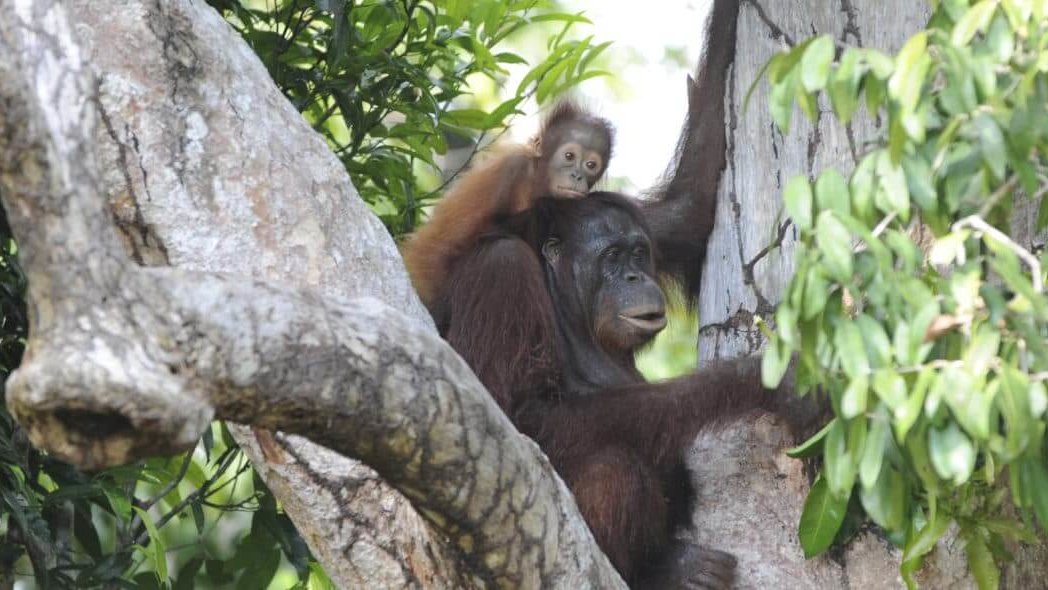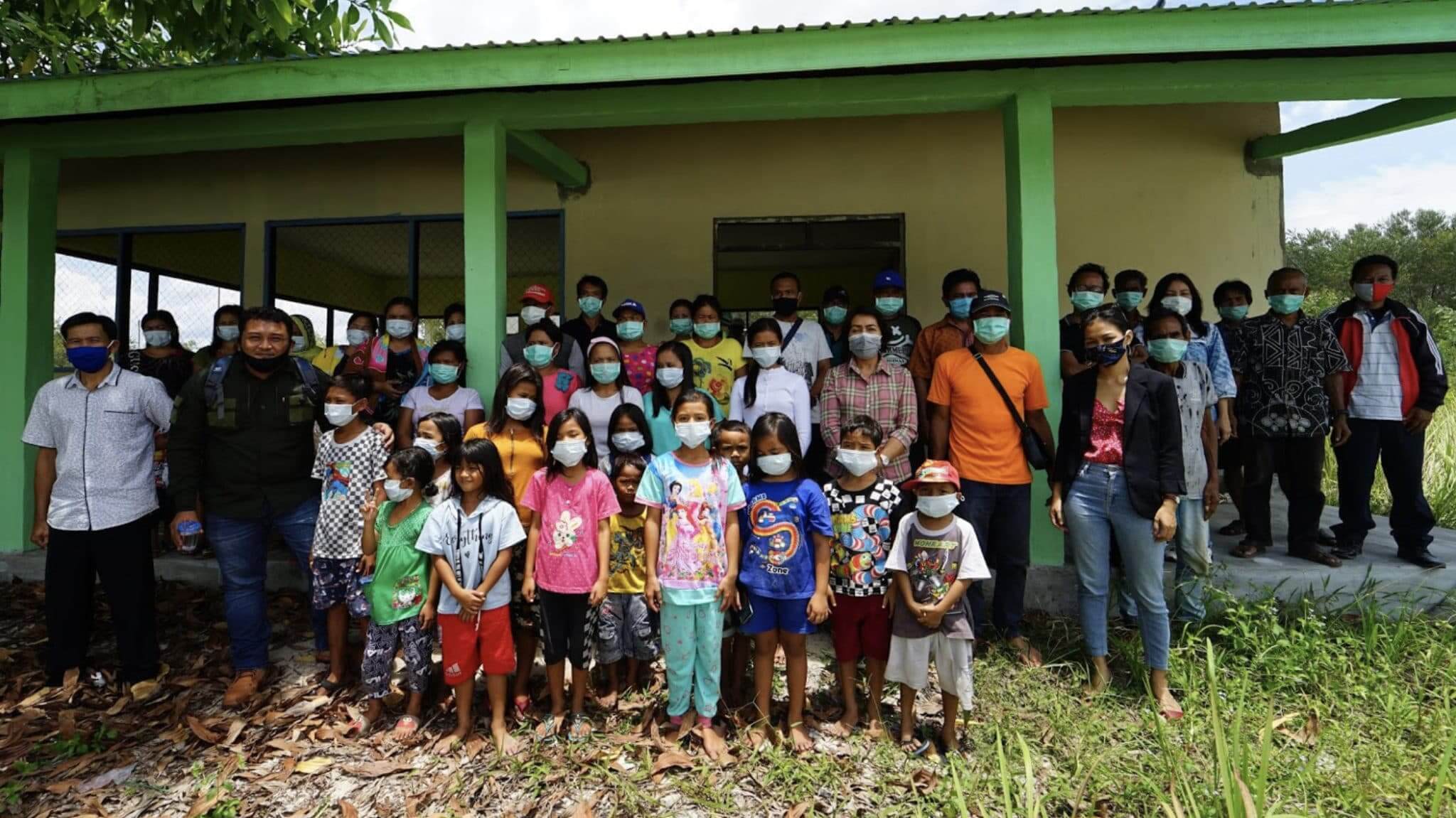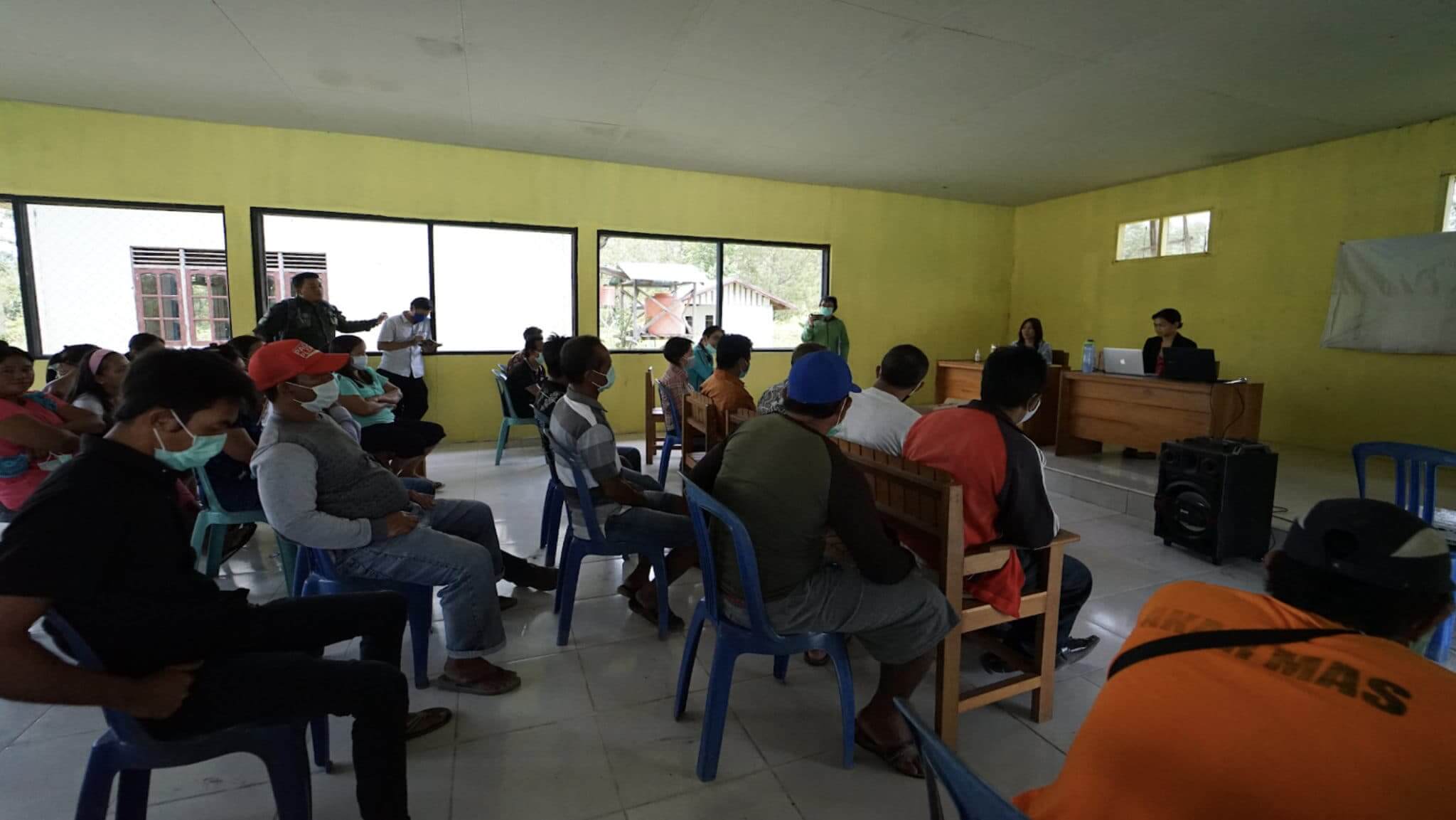
Nature has always been the most sensitive of mirrors. It reflects what happens around us by showing responses to whatever humans do. For example, cut the trees as much as you want and you will be surprised by how much worse the flood is when it comes to the rainy season, how much it contributes to global warming, or how significant the impact on the global economy is. Because, even though some people may receive direct economic benefits, those short-term gains cannot offset the negative long-term economic losses. Other than that, deforestation is not just harmful to humans, but for all the other living beings.
Deforestation can have a devastating impact on biodiversity as about 70% of land-dwelling animals and plants are found in forests. One of the animals which are endangered by deforestation is the orangutan, an endemic primate species of Borneo and Sumatra. In the last 30 years, the population of orangutans has been constantly decreasing. Deforestation fragments orangutan habitats. It happens because of the land clearing and deforestation. This leads to habitat fragmentation because it decreases the connectivity of the forest. Other than that, the habitat protection outside of conservation areas is weak. The awareness and the participation of the local people in conservation are also limited because of the lack of knowledge about orangutan conservation.
Other than that, the conflicts between humans and wild animals such as orangutans increase every year. It can not be avoided since it is a direct result of the loss of the forest as their home. Conflict is inevitable because orangutans and humans have the same tendency to choose locations. Orangutans tend to prefer lowland and fertile areas. Humans have the same preference since this kind of location is suitable for oil palm cultivation and rubber plantations. Since it can not be avoided, now, the question is, is it possible to create an environment where humans and orangutans and the other wilds can live together happily?

Together with our partners Borneo Orangutan Survival (BOS) Foundation and BOS Deutschland e.V. who have been working on orangutan conservation in Kalimantan for 29 years, we launched a project with two test fields. The purpose is to improve income and crop yield and inform on research for orangutan habitat corridors at the same time. We will use an agroforestry approach in the tests. The field sites, which are located in two places with different soil types, will be planted with fast-growing trees which are valuable economically for the community and combined with other trees that are suitable for orangutans as shelter as well as their food source.
These tests will be conducted over three years at Mantuhe Village and Humbang Raya Village. We hope to identify a system that provides benefits to both humans and orangutans and is thus able to reduce conflicts.

Wangari Maathai, an environmental activist who has been awarded the Nobel Peace Prize, once said that you cannot protect the environment unless you empower people, you inform them, and you help them understand that these resources are their own, that they must protect them. So, here we are starting this project in the spirit of these wise words.
This project is implemented with funding from the Federal Ministry of Food and Agriculture.